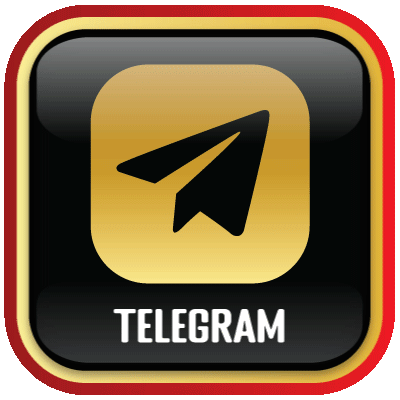e-games

Multihand Blackjack

Big Bass Crash

Spaceman

American Blackjack

Roulette

Dragon Bonus Baccarat

Dragon Tiger
sabung ayam

WS168
















































































































































